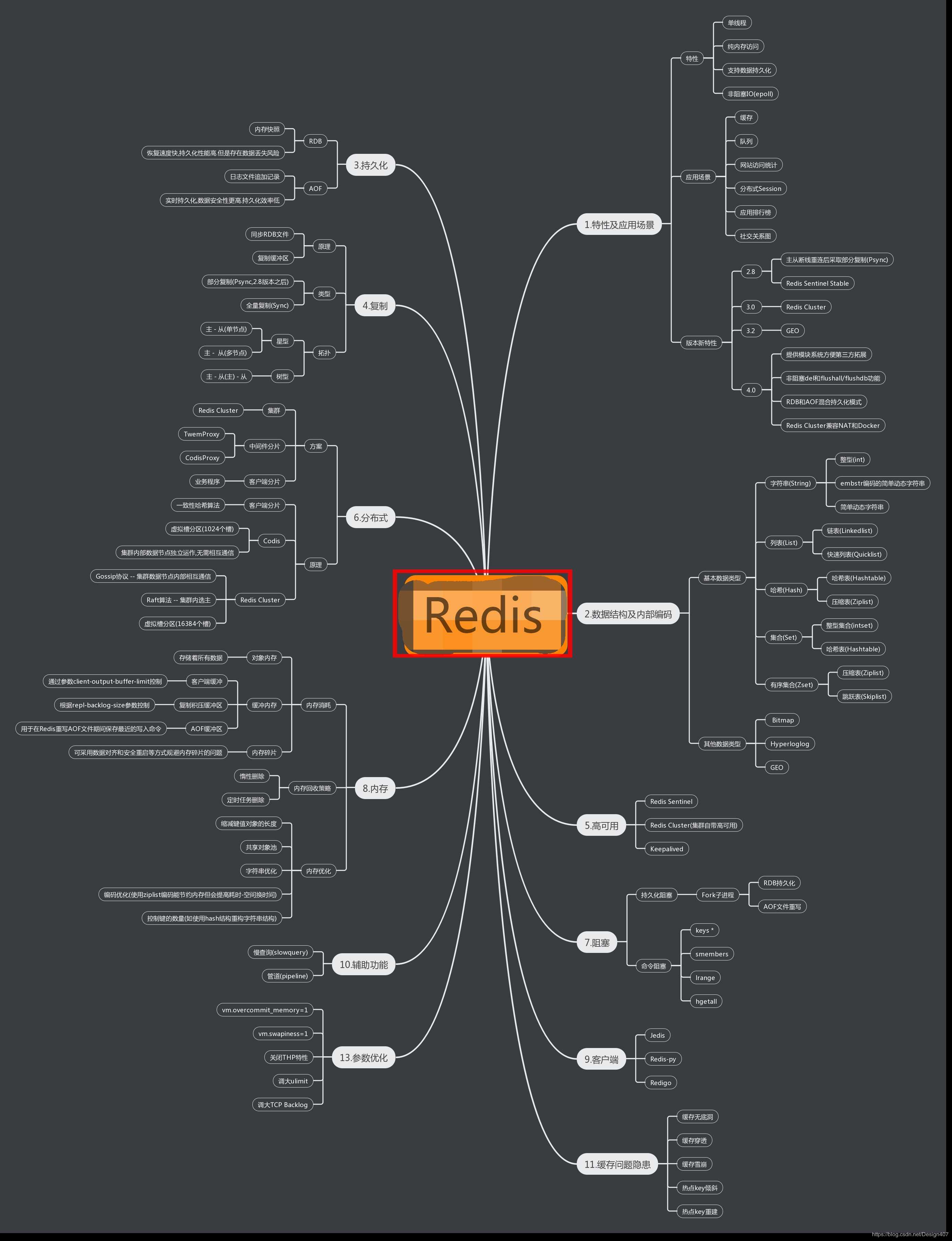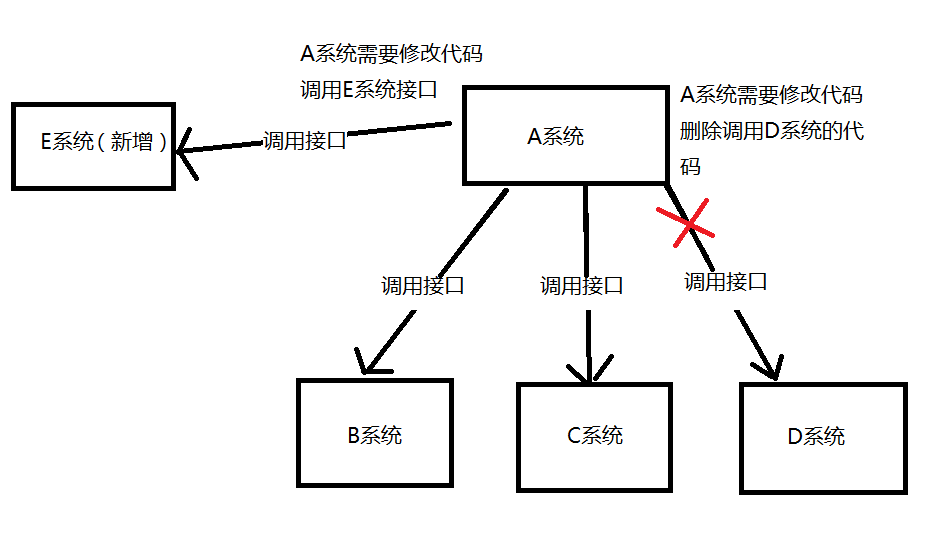struts2通配符使用
Hi,大家好,我是编程小6,很荣幸遇见你,我把这些年在开发过程中遇到的问题或想法写出来,今天说一说struts2通配符使用,希望能够帮助你!!!。
【例】使用通配符实现用户登录与注册
第一步:编写action
package com.dwx.actions;
import com.opensymphony.xwork2.ActionSupport;
public class userAction extends ActionSupport{
private String username;
private String password;
private String age;
private String sex;
public String getAge() {
return age;
}
public void setAge(String age) {
this.age = age;
}
public String getSex() {
return sex;
}
public void setSex(String sex) {
this.sex = sex;
}
public String login(){
return SUCCESS;
}
public String regist(){
return "regist_info";
}
public String getUsername() {
return username;
}
public void setUsername(String username) {
this.username = username;
}
public String getPassword() {
return password;
}
public void setPassword(String password) {
this.password = password;
}
}第二步:配置struts2.xml
<?xml version="1.0" encoding="UTF-8" ?>
<!DOCTYPE struts PUBLIC
"-//Apache Software Foundation//DTD Struts Configuration 2.3//EN"
"http://struts.apache.org/dtds/struts-2.3.dtd">
<struts>
<package name="user" extends="struts-default" namespace="/">
<action name="user*" class="com.dwx.actions.userAction" method="{1}">
<result name="success">/success.jsp</result>
<result name="regist_info">/regist_info.jsp</result>
</action>
</package>
</struts>第三步:编写登录页面
<%@ page language="java" import="java.util.*" pageEncoding="UTF-8"%>
<%@ taglib prefix="s" uri="/struts-tags" %>
<%
String path = request.getContextPath();
String basePath = request.getScheme()+"://"+request.getServerName()+":"+request.getServerPort()+path+"/";
%>
<!DOCTYPE HTML PUBLIC "-//W3C//DTD HTML 4.01 Transitional//EN">
<html>
<head>
<base href="<%=basePath%>">
<title>用户登录</title>
<meta http-equiv="pragma" content="no-cache">
<meta http-equiv="cache-control" content="no-cache">
<meta http-equiv="expires" content="0">
<meta http-equiv="keywords" content="keyword1,keyword2,keyword3">
<meta http-equiv="description" content="This is my page">
<!--
<link rel="stylesheet" type="text/css" href="styles.css">
-->
<style type="text/css">
a{text-decoration: none;}
</style>
</head>
<body>
<center>
<s:form action="userlogin" method="post" name="loginForm">
<s:textfield name="username" label="用户名"></s:textfield>
<s:password name="password" label="密码"></s:password>
<s:submit value="登录"></s:submit>
<s:a href="regist.jsp">注册</s:a>
</s:form>
</center>
</body>
</html>第四步:编写注册页面
<%@ page language="java" import="java.util.*" pageEncoding="UTF-8"%>
<%@ taglib prefix="s" uri="/struts-tags" %>
<%
String path = request.getContextPath();
String basePath = request.getScheme()+"://"+request.getServerName()+":"+request.getServerPort()+path+"/";
%>
<!DOCTYPE HTML PUBLIC "-//W3C//DTD HTML 4.01 Transitional//EN">
<html>
<head>
<base href="<%=basePath%>">
<title>注册页面</title>
<meta http-equiv="pragma" content="no-cache">
<meta http-equiv="cache-control" content="no-cache">
<meta http-equiv="expires" content="0">
<meta http-equiv="keywords" content="keyword1,keyword2,keyword3">
<meta http-equiv="description" content="This is my page">
<!--
<link rel="stylesheet" type="text/css" href="styles.css">
-->
</head>
<body>
<center>
<s:form action="userregist" method="post">
<s:textfield name="username" label="用户名"></s:textfield>
<s:password name="password" label="密码"></s:password>
<s:textfield name="age" label="年龄"></s:textfield>
<s:radio name="sex" label="性别" list="{'男','女' }" value="男"></s:radio>
<s:submit value="注册"></s:submit>
</s:form>
</center>
</body>
</html>第五步:编写登录成功页面
<%@ page language="java" import="java.util.*" pageEncoding="UTF-8"%>
<%@ taglib prefix="s" uri="/struts-tags" %>
<%
String path = request.getContextPath();
String basePath = request.getScheme()+"://"+request.getServerName()+":"+request.getServerPort()+path+"/";
%>
<!DOCTYPE HTML PUBLIC "-//W3C//DTD HTML 4.01 Transitional//EN">
<html>
<head>
<base href="<%=basePath%>">
<title>登录成功</title>
<meta http-equiv="pragma" content="no-cache">
<meta http-equiv="cache-control" content="no-cache">
<meta http-equiv="expires" content="0">
<meta http-equiv="keywords" content="keyword1,keyword2,keyword3">
<meta http-equiv="description" content="This is my page">
<!--
<link rel="stylesheet" type="text/css" href="styles.css">
-->
</head>
<body>
<h3 align="center">登录成功</h3>
<hr>
<center>
欢迎:<s:property value="username" />
</center>
</body>
</html>第六步:编写注册成功页面
<%@ page language="java" import="java.util.*" pageEncoding="UTF-8"%>
<%@ taglib prefix="s" uri="/struts-tags" %>
<%
String path = request.getContextPath();
String basePath = request.getScheme()+"://"+request.getServerName()+":"+request.getServerPort()+path+"/";
%>
<!DOCTYPE HTML PUBLIC "-//W3C//DTD HTML 4.01 Transitional//EN">
<html>
<head>
<base href="<%=basePath%>">
<title>注册信息</title>
<meta http-equiv="pragma" content="no-cache">
<meta http-equiv="cache-control" content="no-cache">
<meta http-equiv="expires" content="0">
<meta http-equiv="keywords" content="keyword1,keyword2,keyword3">
<meta http-equiv="description" content="This is my page">
<!--
<link rel="stylesheet" type="text/css" href="styles.css">
-->
</head>
<body>
<h3 align="center">注册信息</h3>
<hr>
<center>
用户名:<s:property value="username" /><br>
密码:<s:property value="password" /><br>
年龄:<s:property value="age"/><br>
性别:<s:property value="sex"/><br>
</center>
</body>
</html>效果:
登录页面(login.jsp)
注册页面(regist.jsp)
登录成功页面(success.jsp)
注册成功页面(regist_info.jsp)
今天的分享到此就结束了,感谢您的阅读,如果确实帮到您,您可以动动手指转发给其他人。
上一篇
已是最后文章
下一篇
已是最新文章












